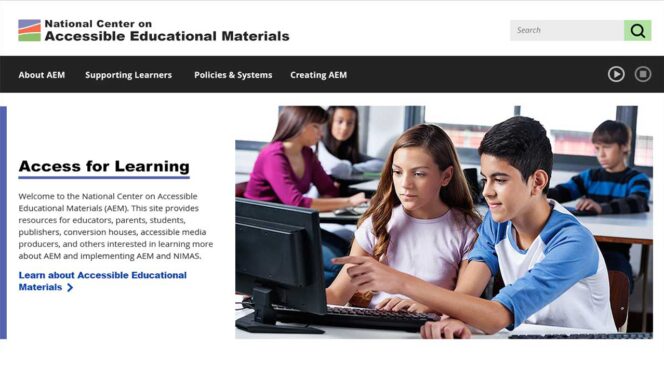Developing logical thinking and reasoning skills for all learners proves essential for mastering algebra and mathematics in general. Yet, students of all backgrounds face significant barriers. Teaching algebraic reasoning skills in a non math-specific context provides an effective way to help students overcome barriers to learning.
In the case of iSolveIt, CAST designed a mobile digital learning environment where learners accessed a collection of tablet-based puzzles strategically designed using the principles of Universal Design for Learning (UDL). We utilized puzzles because they offer greater flexibility in terms of entry points and pathways, as well as key supports and scaffolds that can be integrated into the learning experience. These apps included well-known puzzle types — KenKen and Balance puzzles — but included numerous supports not present in most implementations of these puzzles, such as scratch areas to test out possible solutions, pop-up hints to explain the puzzle notation, and an interface that can be read aloud with VoiceOver.
The National Council of Mathematics (NCTM) Standards and the Common Core Practice Standards note the importance of reasoning in all aspects of mathematics. Algebra particularly requires the ability to recognize patterns and relationships to solve problems.
CAST developed iSolveIt in 2013 with support from the Oak Foundation, the Intel Foundation, Eastern Bank, and the Cabot Family Charitable Trust. Programming, including product development and creative design was led by FNX Studios, a software consulting firm in Bellevue, WA. The Boston Arts Academy, the Edison K-8 School (Boston, MA), Tyngsborough Middle School (MA), and the Fayerweather Street School in Cambridge, MA, all piloted the puzzles in their curricula.
Because iSolveIt puzzles were non curriculum-specific or math-dependent, they could be used at different grade levels as part of a year-long curriculum. The puzzles focused on aspects of reasoning important in algebra, such as finding patterns or functions, creating models, working with variables, and making predictions. By teaching algebraic reasoning skills in a context that does not appear to be math-specific, the puzzles addressed affective barriers to learning (e.g., math anxiety).
iSolveIt incorporated UDL principles by giving learners multiple ways to solve the puzzles. Many puzzles featured more than one solution, allowing for greater flexibility in thinking while trying out different strategies. Additionally, providing different types of puzzles offers practice across multiple representations, which proves critical for developing the ability to generalize. Students could work through puzzles individually at their own pace or in groups and demonstrate key learnings via multiple methods of action and expression.
The apps are no longer available for download due to incompatibility with current iOS versions.
Learn more about iSolveIt
Our challenge was to take traditional algebra instruction concepts and make them more engaging and effective.

